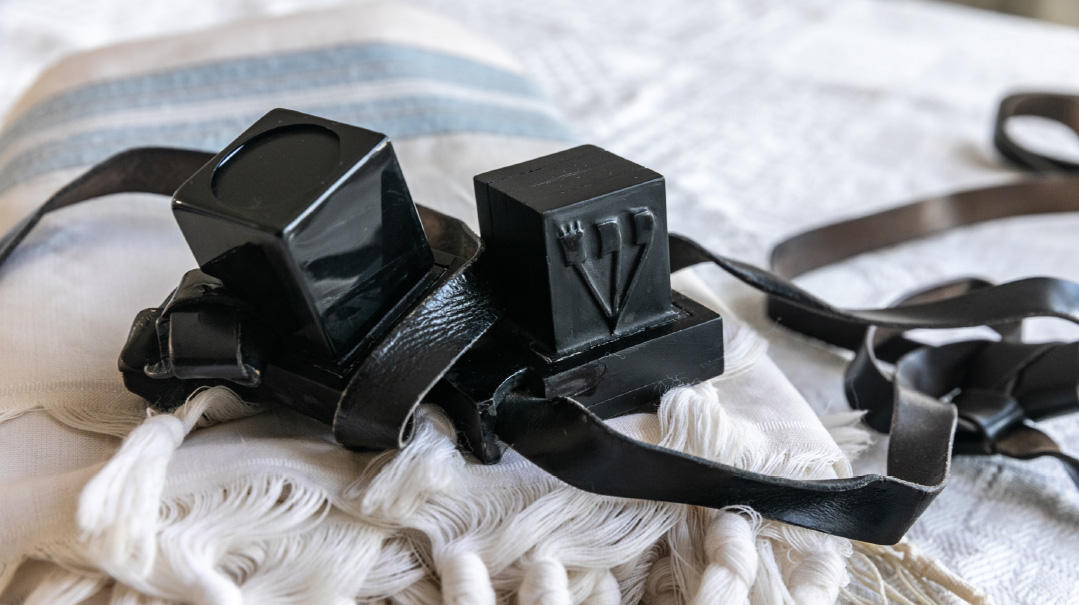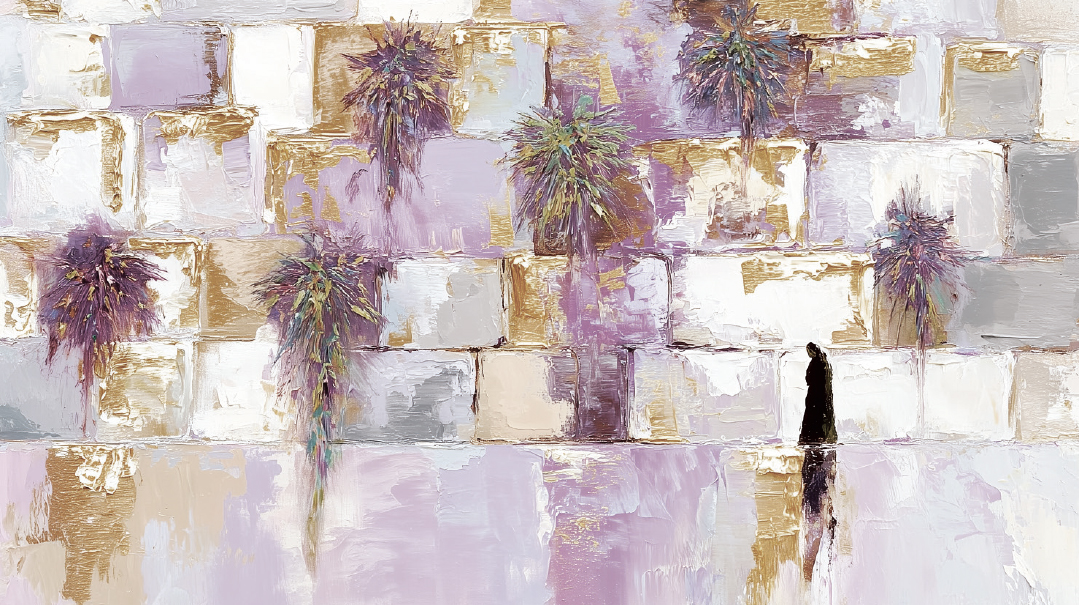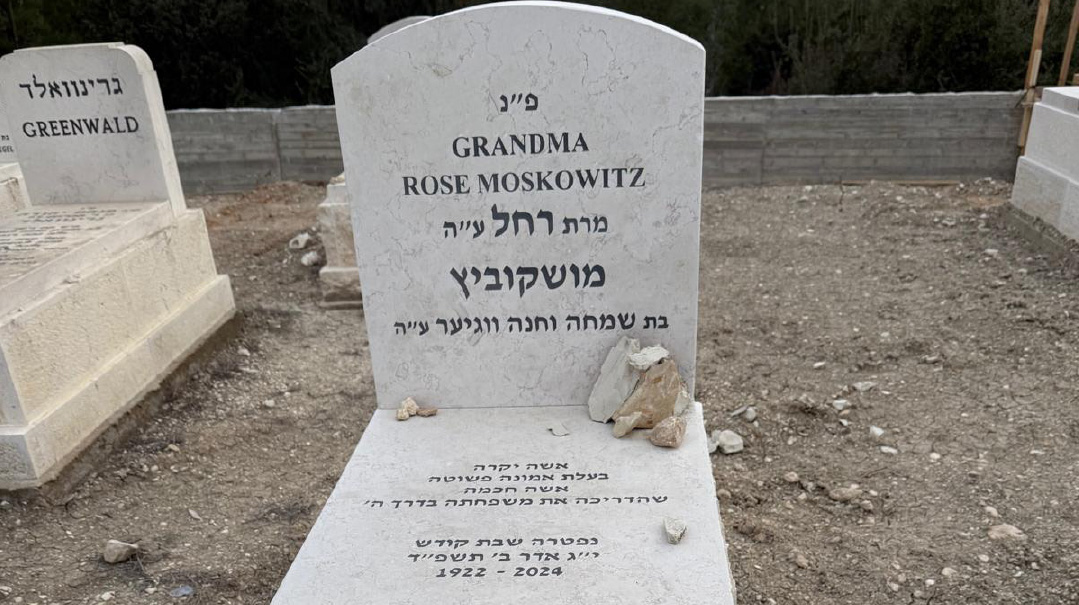Pages of History
| April 3, 2019
As told to Riki Goldstein
I
was born during World War II, in the Autonomous Soviet Socialist Republic of Turkestan. Using the “opportunity” presented by the Molotov-Ribbentrop Pact, which placed Poland’s eastern regions under Soviet control, my father fled his shtetl of Nemerov, near Lemberg, deep into Russian territory. The news from relatives under German occupation was ominous. The Nazis reeked of hate and death; their evil intent toward Jews was clear, and it seemed prudent to him to put as much space as possible between himself and Germany. Running, running, running, through Russia’s vast, inhospitable territories, he found a tiny group of Jews exiled to remote Turkestan. There he met my mother’s family, the Koschitsky clan. While the Galician shtetl Yidden were deported to Auschwitz in a long, frozen line of simple kiddushei Hashem, my parents’ wedding reestablished a Yiddishe family. Survival in the remote village was a constant challenge to their wits and faith, but my father was resourceful and gifted. Somehow, we got by.
When news reached Turkestan that the war was over, the refugees had had enough of Soviet hospitality. Together with trainloads of other refugees, my parents and I made our way back… home. Poland was scarred and reeling. The sound of Yiddish was gone from the shtetlach, and hate-filled gentiles spat in my parents’ faces. We ended up in my mother’s hometown of Katowice, moving into her family’s apartment.
The Jews who returned found their homes looted. My father, a talented merchant, went in search of Jewish items the gentiles were willing to part with, and in the Katowice marketplace, he purchased a sefer Torah and a Shas stolen from homes of deported or fleeing Jews.
In 1948, our Uncle Max in London helped our family obtain visas to England. The sefer Torah and the Shas, an original Vilna edition, came with us.
London had an established community, a proper Jewish infrastructure. My father went into business, and though struggling valiantly in the postwar economy, he bought a home for our family. Seforim were valuable in England at that time, as they hadn’t been printed in Europe since the war, and my father transferred the Shas from Katowice to his cousin, our Uncle Moshe.
My sister and I learned English and attended the Hasmonean Schools. I had become bar mitzvah when tragedy struck. With a sudden aneurism, my vibrant and talented father was gone.
The next year was a quiet one. I often learned and drank tea with Uncle Moshe in his house in Hendon. We learned in new Gemaras while the Katowice Shas sat in state on the shelf. Shortly after, Mama announced that we were moving. She had a brother in New York and it made sense for our little family to be with them. Leaving all that was familiar, saying goodbye to Uncle Max and Uncle Moshe and the Hasmonean — and my father’s fresh kever — we once again set sail.
I built my own family in the States, but I kept in touch. I never lost that emotional connection to London and my father’s memory.
In the 1970s, Uncle Moshe and Auntie Shaindel made aliyah. The Katowice Shas went with them to Yerushalayim. Heavy, brittle with age, it had a place of honor on the wooden shelves in their sitting room.
In 1994, Uncle Moshe passed away, my father’s last close relative. We kept up with Auntie Shaindel and her children, family ties too strong for distance to break. In Elul 2017, her passing ended an era.
A few months later, I got the call from my cousins. “There’s something here for you.”
The Katowice Shas.
Seventy years after my father bought this relic of the destroyed Jewish community of Katowice, 40 years after Uncle Moshe brought it to Eretz Yisrael, I traveled with my family to Yerushalayim to collect my inheritance. My sons, daughters, and grandchildren all took volumes in their suitcases to bring it to my home in New York, hopefully the last stop in our galus.
Restored, the Katowice Shas now stands proudly on my shelf. Every year on the yahrtzeit of my father, the family gathers around to learn and make a siyum on a masechta in these very special old volumes.
Printed in Vilna a hundred years ago, this Shas was learned in Katowice, London, Yerushalayim, and New York.
May we soon bring it back with us to Yerushalayim. —
(Originally featured in Mishpacha, Issue 755)
Oops! We could not locate your form.












